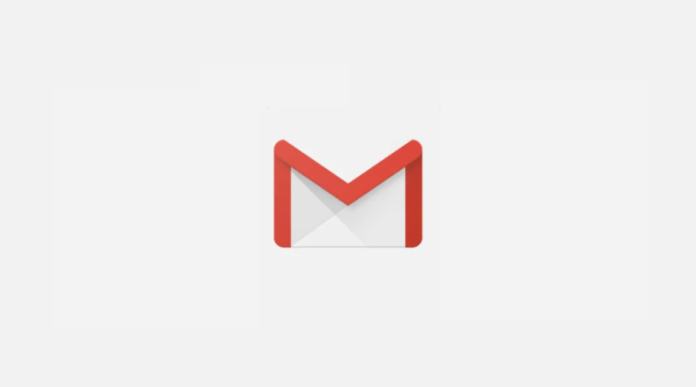In an age where data breaches and email scams can cripple small businesses, the need for robust email security is more critical than ever. Google, a pioneer in this sector, recently reaffirmed its commitment to user safety amidst misleading reports suggesting a widespread Gmail security issue. The tech giant clarified that its cybersecurity measures remain highly effective, blocking over 99.9% of phishing and malware attacks.
The surge in phishing attempts has left many small business owners wary of their digital vulnerabilities. With thousands of emails sent daily, a single oversight can lead to catastrophic consequences, including loss of sensitive information and financial fraud. Google’s latest assurances come at a crucial time when email security continues to be a top concern for small enterprises.
"We want to reassure our users that Gmail’s protections are strong and effective," Google stated in its latest announcement. This commitment to security is backed by significant investments and innovations from Google’s tech teams. Using advanced algorithms and real-time threat detection, Gmail actively works to safeguard users from ever-evolving digital threats.
Small businesses rely heavily on email communication, making it essential to stay informed and equipped with the right tools to combat potential threats. Google’s emphasis on accurate dialogue in the cybersecurity space highlights the importance of making informed decisions. Misleading information can create unnecessary panic, diverting attention from the effective measures that are already in place.
For small business owners considering their email security options, Google suggests adopting best practices to bolster their defenses. These include utilizing secure password alternatives such as Passkeys, which provide an additional layer of protection. Passkeys are designed to be a more secure replacement for passwords, minimizing the risk of unauthorized access due to weak or compromised passwords.
Furthermore, Google encourages users to familiarize themselves with strategies for spotting and reporting phishing attacks. Understanding the telltale signs of phishing—such as suspicious links, generic greetings, or unusual requests—can empower small business owners to act swiftly and decisively if they encounter a potential threat.
The implications for small business operations are significant. Emphasizing a security-conscious culture not only protects sensitive information but also fosters trust among customers. Businesses can prove their commitment to data security by integrating these best practices and enhancing their employee training programs to stay vigilant against phishing attempts.
However, potential challenges remain. While Google’s protections are state-of-the-art, small businesses must recognize that no system is infallible. Cybercriminals continue to refine their tactics, warranting ongoing education and adaptation within the organization. It is crucial for small business owners to actively engage in cybersecurity measures rather than relying solely on technological solutions.
Moreover, implementing additional security measures may come with costs, whether financial or logistical, that small businesses must consider carefully. Weighing these aspects is vital to ensuring that investments in security do not become burdensome while still providing essential protections.
In summary, Google’s reaffirmation of Gmail’s security protocols highlights the urgent need for small businesses to prioritize their email safety. By leveraging advanced tools, encouraging secure practices, and fostering an informed workforce, small business owners can significantly reduce their risks. The evolving nature of cybersecurity challenges reminds us that ongoing vigilance is essential in creating a resilient business environment.
For further details on Gmail security measures, you can read the full announcement on Google’s blog at this link.
Image Via Google Workspace



